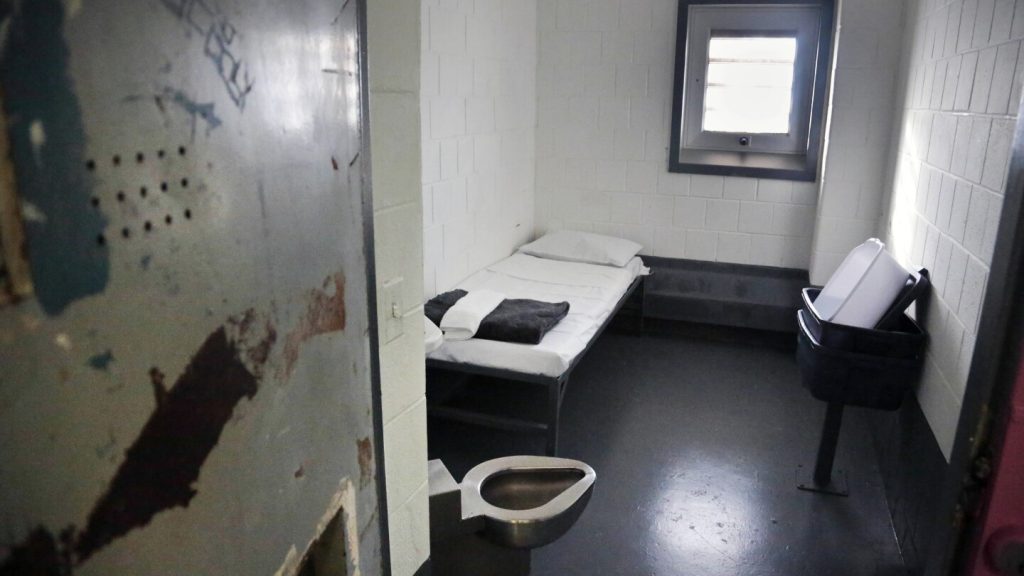The state Supreme Court Justice Kevin Bryant ruled that New York’s state prison system has been holding inmates in solitary confinement for too long, in violation of state law. The New York Civil Liberties Union and Prisoners’ Legal Services of New York filed a class action lawsuit last June, alleging that the state Department of Corrections and Community Supervision routinely flouts the state’s Humane Alternatives to Long-Term Solitary Confinement Act. The judge’s decision stated that the corrections department did not provide sufficient evidence to refute the allegations and failed to meet its burden of proof.
The corrections department stated that it is reviewing the judge’s decision and highlighted recent changes made by Commissioner Daniel Martuscello, including updates to the agency’s segregated confinement policies. These changes include additional steps and layers of review, such as a new “Confinement Justification Record Form” that must be completed and signed by all review officers, hearing officers, and superintendents. State law limits solitary confinement in most cases to three consecutive days or six days in any given 30-day period, with extended segregation allowed for specific “heinous and destructive” acts.
Advocacy groups argued that the corrections department was holding people in extended segregation even when they did not meet the narrow criteria spelled out in the law. One plaintiff, Luis Garcia, was sentenced to 730 days in solitary confinement after throwing suspected bodily fluids at guards, an offense that the advocacy groups argued did not meet the criteria for extended segregation. The groups are closely monitoring the situation to ensure that the corrections department complies with the law, and prison officials are reminded that they are not above the law.
New York’s Humane Alternatives to Long-Term Solitary Confinement Act aims to provide alternatives to solitary confinement for inmates, recognizing the detrimental effects of prolonged isolation on mental health. The law sets limits on the duration of solitary confinement and specifies when extended segregation can be used for certain acts committed by inmates. The recent court ruling highlights the importance of adhering to these legal limits and ensuring that inmates are not subjected to unnecessary or excessive periods in solitary confinement.
The judge’s decision underscores the responsibility of the corrections department to follow the law and provide evidence to support its actions regarding solitary confinement. The changes made by the department under Commissioner Martuscello demonstrate efforts to improve the review process and ensure that decisions regarding segregated confinement are made based on appropriate justifications. Moving forward, it will be essential for the corrections department to comply with state law and address any violations of the limits on solitary confinement to protect the rights and well-being of inmates in the New York state prison system.


